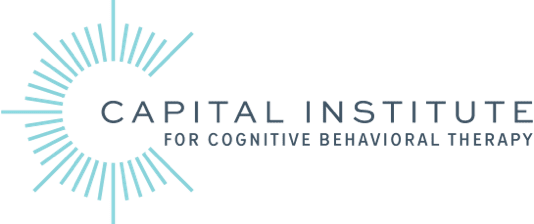Learning disabilities, such as dyslexia and dyscalculia, can significantly impact a student’s academic performance. By evaluating various academic and cognitive skills, such as reading, writing, math, attention, and memory, psychological testing can identify specific learning differences and provide recommendations for treatment interventions and accommodations.

What Can the Results of the Assessment Help With?
Once learning disabilities are identified through psychological testing, schools can develop accommodation plans (including individualized education plans (IEPs) or 504 plans) that cater to the individual needs of the student. These plans outline specific goals, accommodations, and instructional strategies to support the student’s learning and academic success.

Early Interventions and Support Services
Psychological testing can also enable early intervention for students who are at risk of academic difficulties or who may benefit from additional support services. By identifying academic challenges at an early stage, educators and parents can implement targeted interventions and provide the necessary resources to help students succeed in the classroom. Intervention strategies such as specialized instruction, tutoring, or counseling services, can be recommended to address the root causes of academic concerns.

